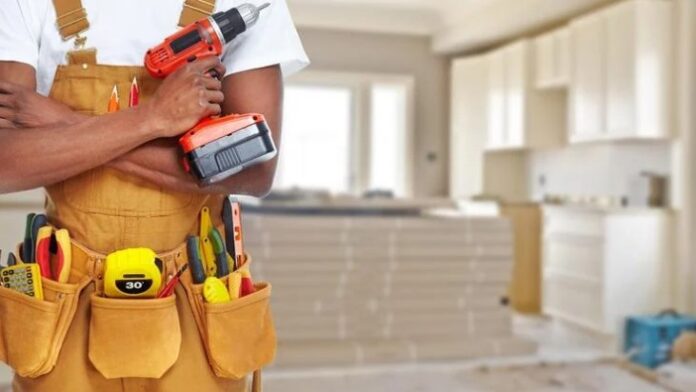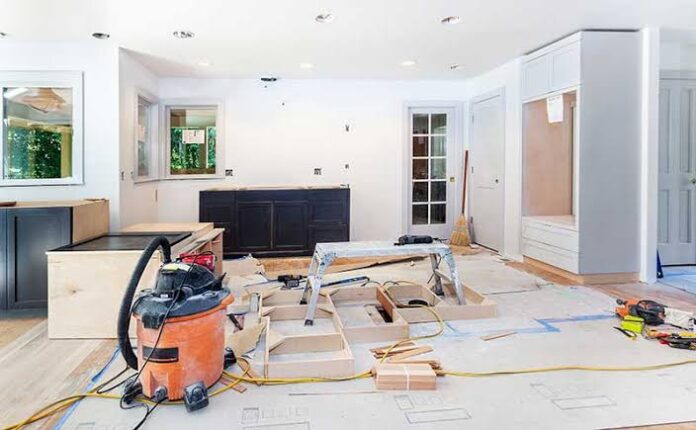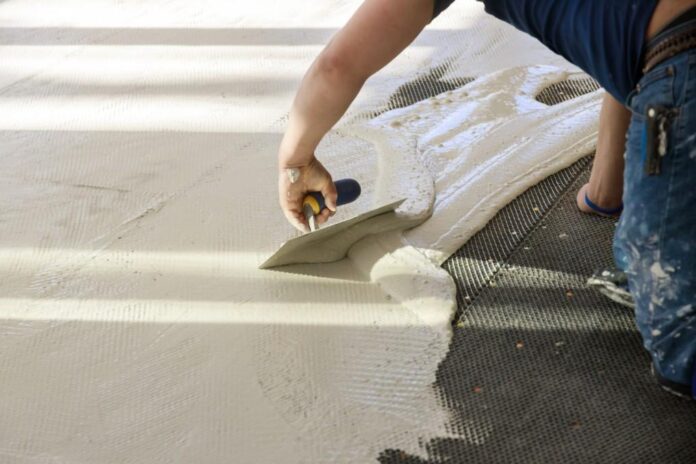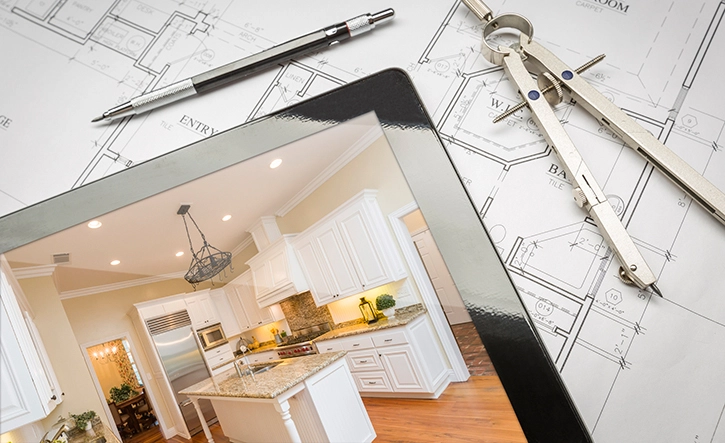Are you ready to tackle the challenge of a home renovation? It’s an exciting prospect, but before you pull out your toolbox and start swinging the hammer, there are a few tips and tricks you should know. Keep reading to learn how to prepare your home for a seamless transition during your renovation journey!
Hire a contractor

If you’re planning a home renovation, one of the most important decisions you’ll make is who to hire as your contractor. A good contractor such as Renovlies can mean the difference between a successful project and a disaster, so it’s important to do your research and choose someone you can trust.
There are a few things to keep in mind when hiring a contractor for your home renovation. First, be sure to get recommendations from friends or family members who have had similar work done. Second, check out the contractor’s website and see if they have any positive reviews or testimonials from previous clients. Finally, meet with the contractor in person to get a feel for their personality and professionalism.
Once you’ve found a few contractors you’re interested in working with, it’s time to start getting bids. Be sure to be clear about your budget and what you’re looking for in terms of materials and labor. If you’re tight on budget, some companies such as AC Vision also offer interior design packages such as these at a more affordable price. The bids you receive will give you an idea of what the final cost of your project will be, so be sure to compare them carefully before making your decision.
Gather the Necessary Tools and Materials
Before you even begin your home renovation project, it’s important to make sure you have all the necessary tools and materials on hand so that you can finish the job quickly and efficiently.
Make a list of items that you’ll need such as painting supplies, plumbing fixtures, electrical wiring, screws, nails, and other hardware. Check with your local home improvement store or hardware store to find out what items you may need.
You should also make plans for protecting your floors, furniture, and any areas that may become dusty during the construction process. This could include tarps, protective coverings, or plastic sheeting – don’t forget to stock up on plenty of extra tapes!
If at all possible, try to minimize the disruption in your home by setting aside a certain area specifically for ongoing construction activities.
Finally, be sure to take detailed notes as you progress throughout the project so that if any problems arise later on they can be quickly identified and rectified.
Prepare the Rooms for Renovation

One of the most important parts of the home renovation process is preparing your space for a contractor to come in and begin working. To get started, you should clear out any items or furniture from the rooms that will be renovated. This will ensure that your contractors have plenty of room to move around and can focus on the job at hand.
Create a Plan of Action
Think about what tasks are the most important and need to be done first; use this list to prioritize items when making decisions or troubleshooting during a renovation project. Make sure that all of your resources are accounted for, including money, space for contractors and their tools, materials needed for construction, etc. It may also be beneficial to have someone available to help manage the project’s progress if needed.
Additionally, create a timeline that has realistic goals; take into consideration possible delays due to weather or unforeseen issues (for example faulty wiring). Meet with any contracted workers before they start work so you know where everyone stands in terms of expectations. Creating a plan that is realistic and well-structured can often save time and unneeded stress in the long run!
Remove Existing Furnishings and Decorations

Before beginning your home renovation project it is important to ensure that your existing furniture and decorations are properly removed. This includes:
- Taking down all wall hangings
- Removing any furniture from the construction area
- Disconnecting lights or lamps from the ceiling or walls
You should carefully box up any fragile items such as figurines or collectibles, or store them in a safe place. Make sure to cover exposed wires with plastic so that they will not be damaged by dust during renovations.
Once all existing furnishings have been removed, you can begin preparing for the upcoming work to be done.
Protect Surfaces and Floors

Before you dive into any project – big or small – you need to make sure your home will stay as safe as possible while the renovation takes place. Protecting your floors and surfaces before construction begins is an essential part of any renovation and will help to prevent future damage.
Cover contents that remain in the work area with plastic sheets to help protect them from debris and dust while they are in place. Tape plastic sheeting on all walls, ceiling areas, doorways, and floors to form a protective barrier against dust accumulation, then factor in extra time to attend to cleaning at the end of each day.
Flooring should be given special attention since it will be exposed to heavy traffic during the construction phase causing scratches or scuffs on hardwood floors. If possible, remove area rugs for safekeeping during renovations; otherwise, lay plywood or hardboard strips over flooring that needs protecting before beginning renovations. This can be sealed off with tape after installation and removed once construction wraps up for easy clean-up.
Conclusion
Once you’ve finished preparing your home for renovation, you can rest easy knowing that your project will run as smoothly and easily as possible. Whether you’re renovating an outdated bathroom or repainting an entire living room, taking the time to plan ahead and prepare your space beforehand can make the process far less stressful.
Make sure to keep all of your necessary supplies handy and carry out regular maintenance checks throughout the renovation process. Don’t be afraid to speak up if any issues arise and make sure that everyone involved in the project is on the same page. If you follow these tips, your home renovation should go off without a hitch!









